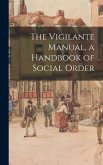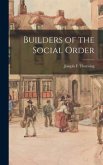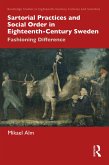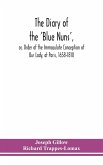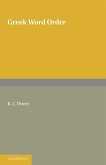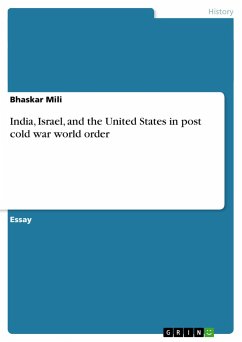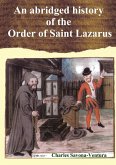Land holdings of princes grew up by expropriation of communal lands, colonization of lands of other tribes, capture of wastelands. Kievan princes, who stood at the head of the Old Russian state, began to consider themselves the supreme owners of all lands, previously owned by peasant communities. Tribute (poudye) gradually turned into feudal rent (part of the product of surplus labor, which receives the owner of the land). The collection of the tribute became violent and often provoked active resistance of the peasants. Large feudal lords were rulers and other principalities - representatives of the Grand Duchy, local princes. The class of feudal lords included boyars - large landowners who seized the communal land, princely vigilantes who received the land from the prince. Such land ownership was called patrimony, permanent possession, which could be inherited. After the adoption of Christianity in the X century, much of the land was concentrated in the hands of churches, monasteries, clergy. Another category of feudal lords appeared - palace servants, served people who received the land for service and during the service.
Hinweis: Dieser Artikel kann nur an eine deutsche Lieferadresse ausgeliefert werden.
Hinweis: Dieser Artikel kann nur an eine deutsche Lieferadresse ausgeliefert werden.


